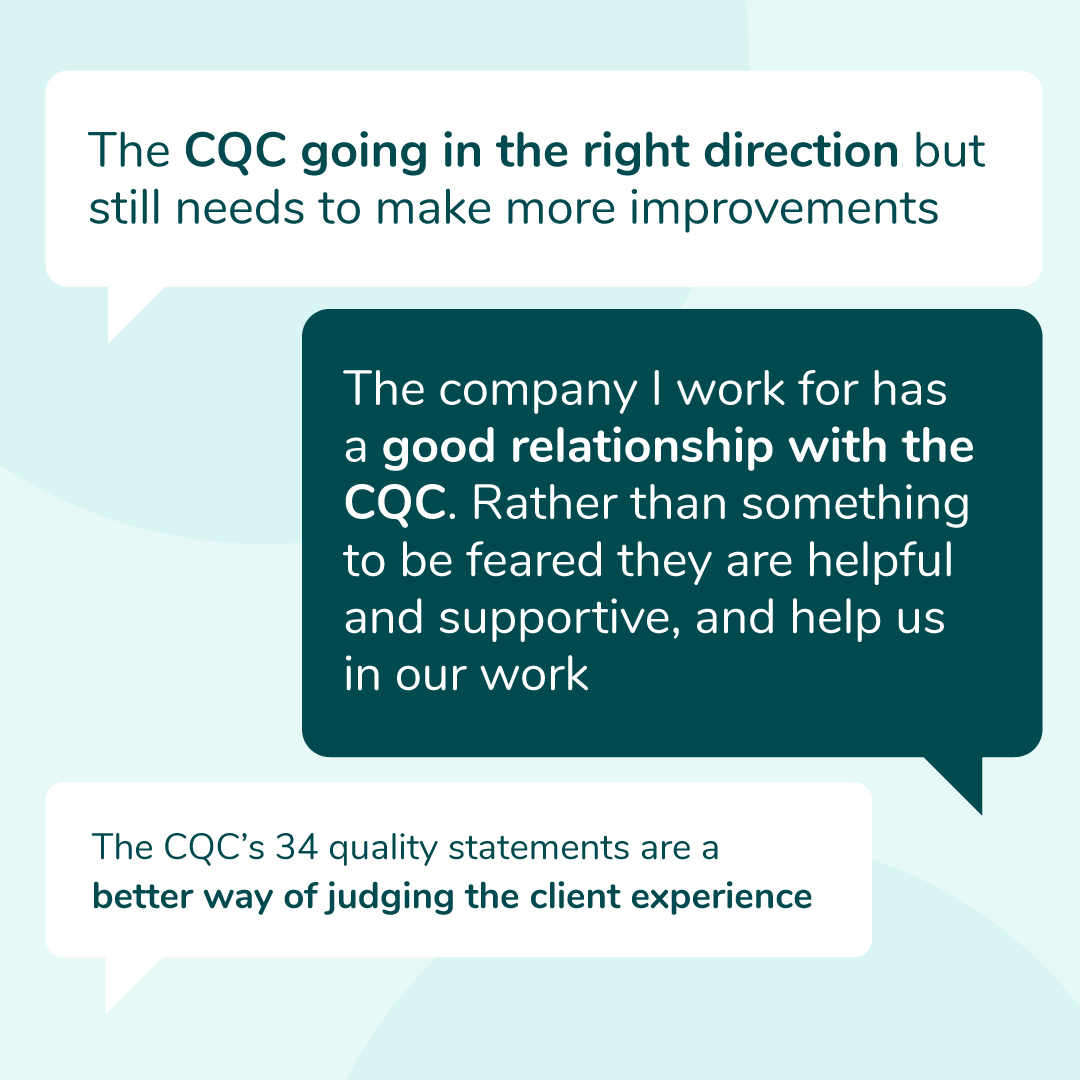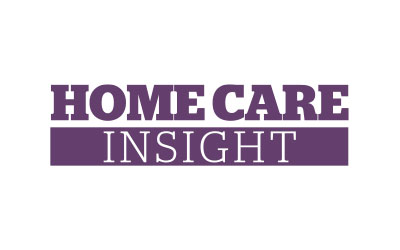Over the course of several months, which has now extended into years, there has been a noticeable decline in confidence surrounding the Care Quality Commission (CQC) and its approach to regulation, particularly in relation to the new Single Assessment Framework. Having thoroughly researched and analysed the reasons behind the upcoming changes, we must now question whether these proposed changes will indeed come to fruition.
When it comes to home care providers, I believe that the CQC’s new framework is straightforward to navigate and largely suitable for its intended purpose. However, the scoring system can be quite intricate, and challenging even for the CQC to clarify. There is a noticeable level of apprehension regarding the upcoming changes in operational methods, as evidenced by the significant number of providers signing up for CareLineLive’s webinars on the topic.
Views uncovered by CareLineLive’s State of Home Care Survey
In our recent State of Home Care Survey, respondents were asked the question:
Do you feel the CQC, Care Inspectorate (or the relevant regulator in your region) is improving in its capacity to control and improve care standards across the sector?
Positivity
Despite the challenges that the CQC is currently encountering, a significant 64% of respondents simply answered ‘yes’ to this question (albeit that some respondents would have been talking about the Scottish and Welsh Inspectorates), while others provided additional details, often expressing positivity in relation to the CQC. It was insightful to discover that many respondents were satisfied with the effectiveness of regulators and regulations.
“The company I work for has a good relationship with CQC. Rather than something to be feared they are helpful and supportive, and help us in our work”
“It’s going in the right direction but they still needs to make more improvements”
“Regarding CQC: The 34 quality statements are a better way of judging the client experience”
Some reservations
Some individuals voiced discontent, particularly in relation to CQC, highlighting that the challenges faced by CQC since the pandemic have led to delays in response times and inspection frequency. Furthermore, there has been apprehension regarding the improvement of standards, with some questioning the practice of rating services prior to inspection and its implications for service users.
“CQC has been a mess since the pandemic”
“There could be further improvements made, more services need to be inspected more frequently to ensure that standards can continually be improved”
“CQC has now gone to an on-call service; we miss a dedicated inspector”
“Too slow in their responses”
“New companies are up and running with regulated packages without an inspection”
What does the future hold?
My expectation is for CQC to enhance their performance and provide a more personalised service. While they aim to be ‘The Regulator’, I believe that establishing national and specialised teams with proficient staff experienced in the sector will lead to positive results for home care providers. The future is uncertain, but I am encouraged by the optimism expressed by the service providers who took part in our survey particularly amidst the negativity in the mainstream media towards the organisation (albeit often focusing on it’s role regulating the NHS and other services).




